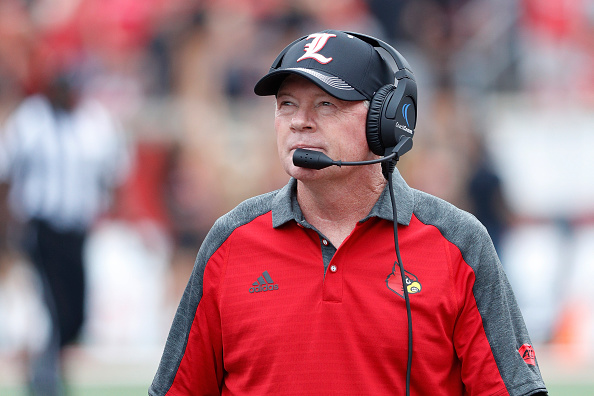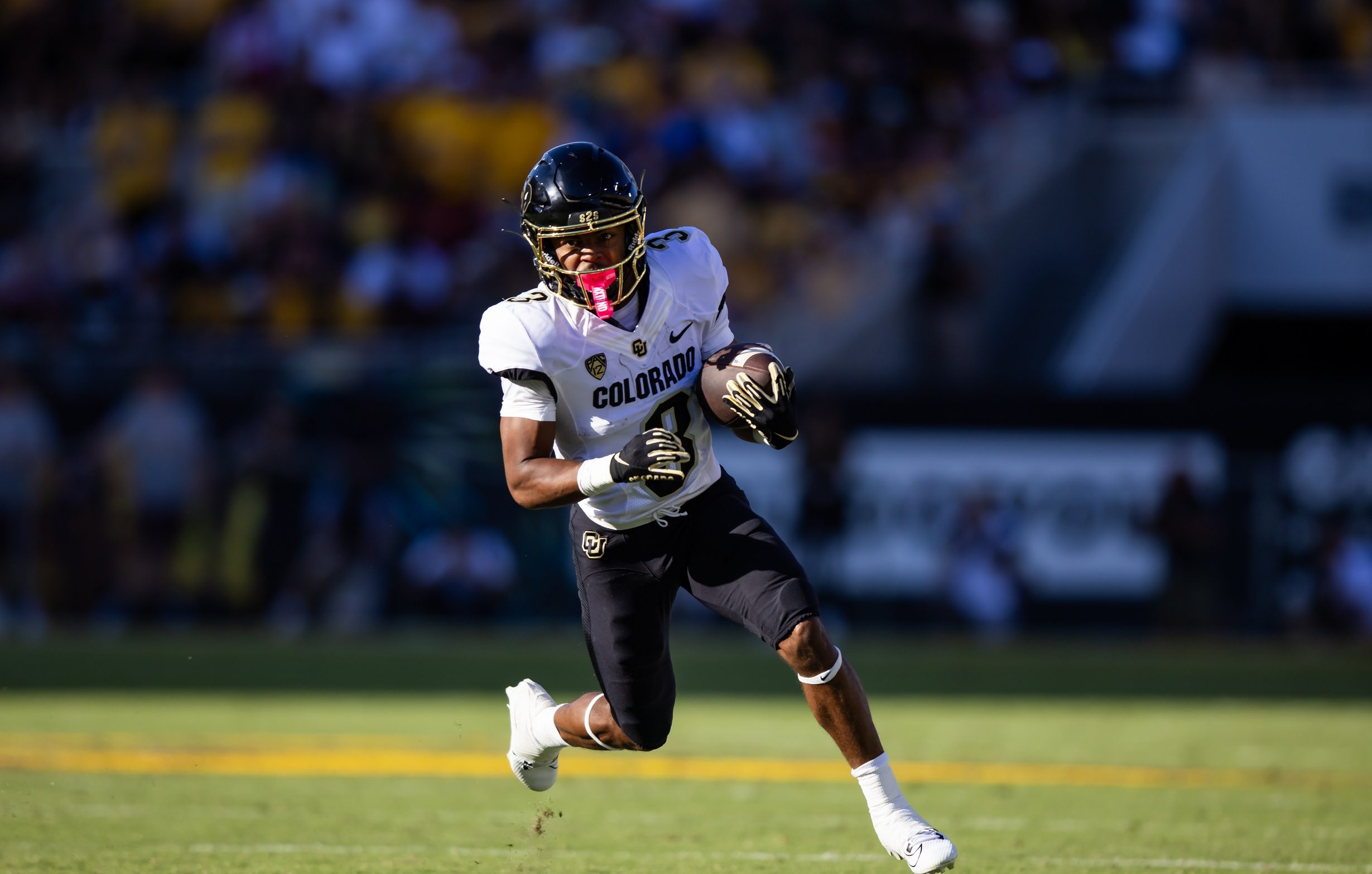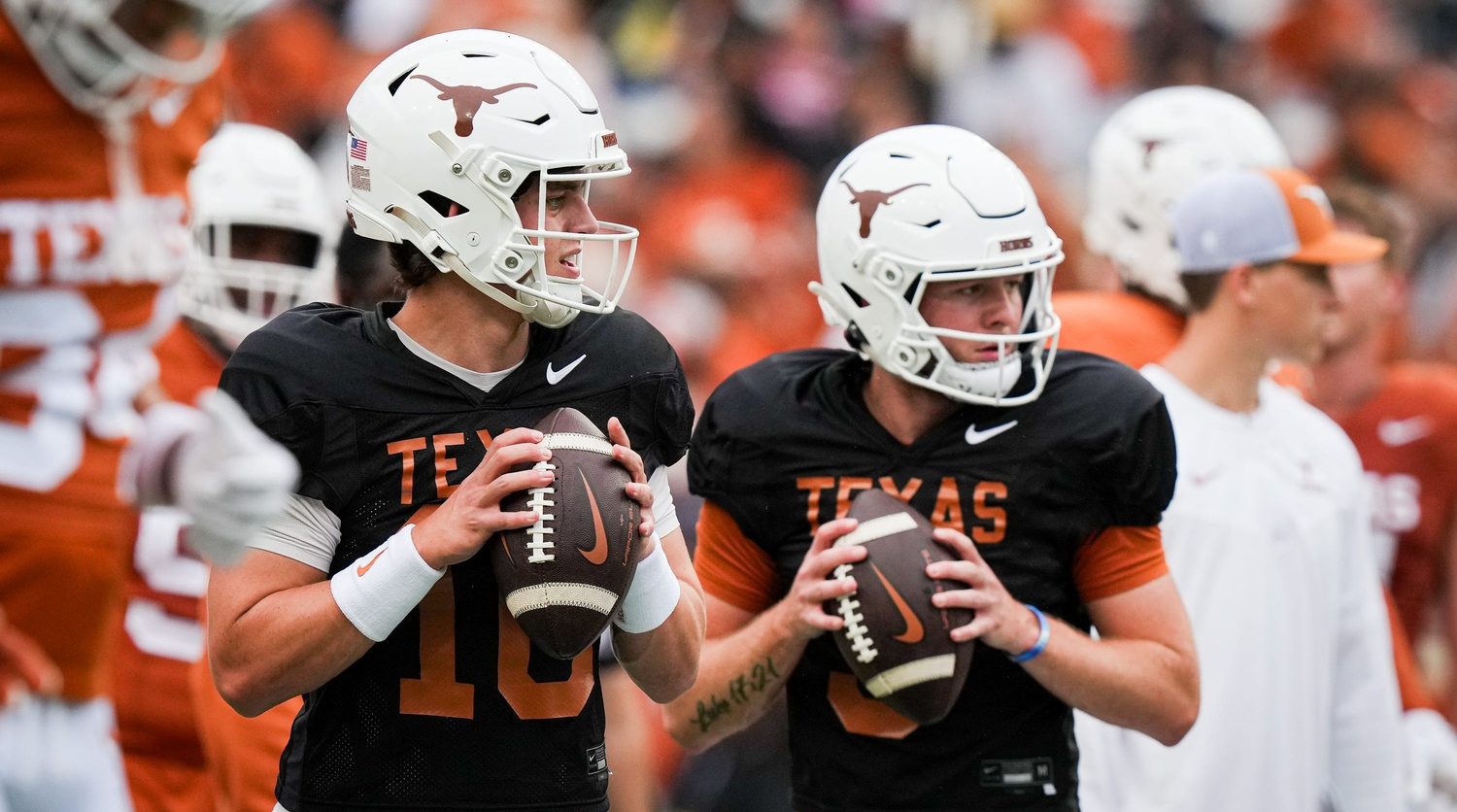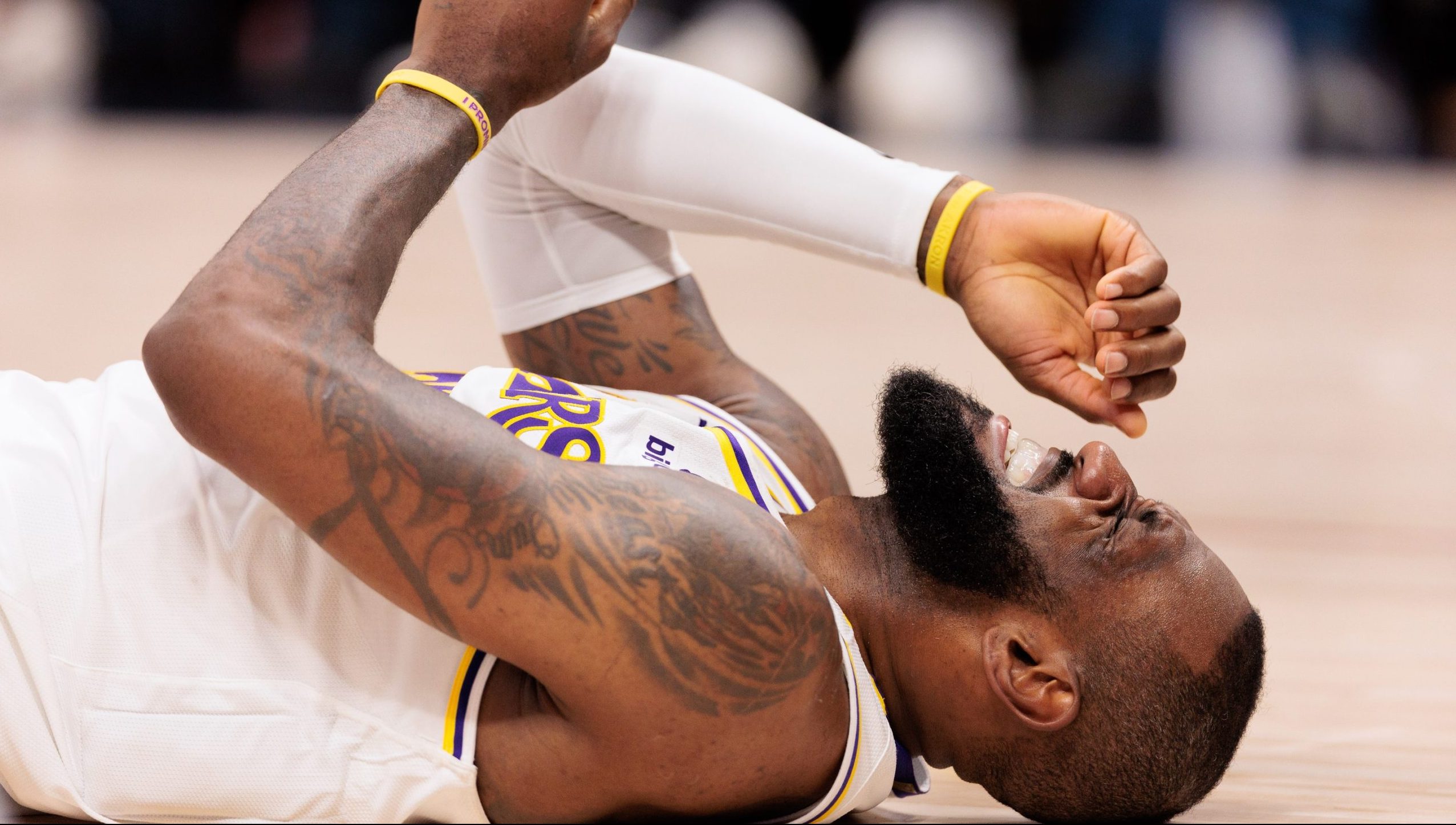This Saturday, Oct. 1, the No. 3 Louisville Cardinals visit the No. 5 Clemson Tigers. ESPN College Gameday will be there – its second Louisville-related game in three weeks. The contest also holds with it some serious stakes beyond the usual early-season bragging rights. Given the Cardinals’ blowout win over Florida State in week three, a victory over Clemson would make Louisville the overwhelming favorite to win the ACC and qualify for the College Football Playoff.
How did this happen?
It started with Tom Jurich and Charlie Strong. Jurich, the lauded Louisville athletic director who invested in the growth potential of UL sports, has been instrumental in the programs’ rise from Conference USA to the Big East to the American Athletic Conference to the ACC. He hired Charlie Strong when he was one of college football’s rising names in 2009, and in just three years, the coach took them from the depths of the Big East to a Sugar Bowl victory over Florida. When Strong departed, the Cards were on their way to the ACC without him (hired by Texas) and standout quarterback Teddy Bridgewater (drafted by the Minnesota Vikings).
Jurich then gambled and hired Bobby Petrino for the second time.

The first time around at Louisville from 2003 to 2006, Petrino (an oft-criticized careerist, even in an industry of careerists) led a high-flying attack to the greatest heights the program had then seen, before leaving for the Atlanta Falcons. He basically left that gig under the cover of night to become Arkansas’s head coach. Petrino would resign that role in scandal after a motorcycle incident most college football fans are well familiar with. Needless to say, he’s had a checkered past, but the one thing he’s done pretty consistently is win. Jurich knew that from first-hand experience. And now, he’s reaping the rewards of a retread.
In Petrino’s second go-around with Louisville, the Cardinals are improved from a recruiting standpoint, yet still not a power. The current roster is largely 3- and 4-star focused. The last three classes (in reverse order) ranked 38th, 32nd and 45th, respectively, by the 247Sports composite. That’s far from elite. It’s far from most of the back-end of the SEC too. And it’s especially far from the ACC’s “top” teams, Florida State and Clemson, which both brought in top-17 classes in each of the last three years (with the Seminoles among the top-10 each time).
Yet Petrino’s team full of mostly three-star talent beat Florida State 63-20 at Papa John’s Stadium, clearly announcing it would be a contender this season. Recruiting rankings don’t guarantee wins. But they do set teams up well enough that they should win. That certainly goes for Florida State or Clemson. It goes for Louisville too, which despite the numbers cited earlier, has the firepower to compete for a national title. That’s because those numbers are deceptive when it comes to the players on the Cardinals roster right now.
SB Nation recently ran a feature explaining how UL quarterback Lamar Jackson went from a three-star recruit to a superstar seemingly overnight. The article, written by the excellent recruiting coverage team of Bud Elliott and Alex Kirschner, discusses Jackson’s minimal early interest from top schools to have him play quarterback. They also get into how he switched high schools and his lack of attendance at top camps, which contributed to his late recruiting surge.
Those factors put him in range for Petrino to make a competitive offer. But it took changes on Petrino’s and Jackson’s parts to not only get the QB to Louisville, but to develop the current offense as a compromise for both. The coach’s previous offenses have leaned heavily on the pass. Jackson’s skill set was based on his speed to the outside. What we’re seeing in 2016 is a perfect meeting in the middle. Jackson’s confessed that he’s spent the offseason studying ways to improve himself as a passer, and it shows.
His numbers to this point are other-worldly. In four games, Jackson has amassed 1,330 passing yards and another 526 rushing yards. He has 25 total touchdowns already, nearly half way to the all-time FBS record of 63 set by Hawaii’s Colt Brennan in 2006. Calling them “video game stats” may over-simplify. However, pointing to him as the only reason Louisville’s here would definitely miss the point.
Where the star ratings fail to capture other contributions is in the way of transfers. When Petrino arrived, he got to work quickly on the growing grad transfer market, to help close the clear gap between on-roster talent and the top of the ACC. Over the past couple years – and especially this year – that talent’s been essential to the leap the program’s taken.
Former Georgia safety Josh Harvey-Clemons is one of at least two serious NFL prospects starting on D right now. He’s joined by fellow UGA transfer Shaq Wiggins and TCU transfer Devonte Fields – the latter player being one of the best defensive players in the country.
NEW at @draftbreakdown: EDGE Devonte Fields (Louisville) vs Florida State (2016) https://t.co/pS5OFyiYX5 pic.twitter.com/UIv39pAW5U
— biff (@biffmila) September 23, 2016
Names like these are equal parts relationship building and gambles. Harvey-Clemons and Wiggins both played for defensive coordinator Todd Grantham when he was with the Bulldogs. Fields was dismissed from TCU after being charged with assault. He reached an agreement in 2015 to have those charges dropped.
On the field, Harvey-Clemons is one of the conference’s premier safeties and Fields is the key to the Cardinals’ pass rush. Louisville has allowed 22.5 points per game (chalk some of that up to garbage time), but have the 13th-ranked total defense in the country. UL allows just 278 yards per game – a number that will certainly find itself tested against Clemson on Saturday.
***
By the raw numbers, it would’ve appeared that Louisville was far from the mountaintop entering 2016. But just days from the most important regular season football game in Louisville history, the power structure interloper is frighteningly close to being a national championship favorite. This house, once held up by Petrino’s offensive scheme and Jurich’s vision, is now on an incredibly sturdy foundation. They’re about to keep building on it too; this time on top of the likes of every power program in their way.





